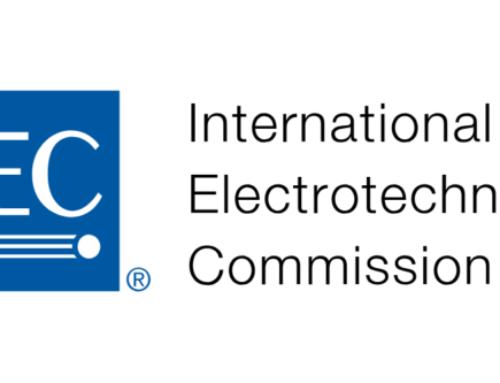On 8 September 2023, the Resources and Environment Branch of the China National Institute of Standardization (CNIS) convened the Green and Low-carbon Standardization Technical Seminar on Motor and Pump System. The Seminar aimed at deepening the understanding of EU and Chinese standardization stakeholders on each other’s efforts in the standardization of the energy efficiency of pumps.
More than 50 experts from CNIS Resources and Environment Branch, Zhongguancun Morden Energy and Environment Service Industry Alliance (CCEIA), Grundfos, SESEC, and pump industry attended the meeting. Specifically, experts from CNIS and Grundfos provided an update on various topics, including the progress of the climate adaptation and carbon peak and neutrality standards systems, domestically and internationally; China’s energy saving standards system and pump energy saving standards; China’s motor standards and systems; the EU’s Eco-design for Sustainable Products Regulation (ESPR); and the EU’s pump energy efficiency grade calculation methods.
During the discussion session, participating experts shared and exchanged views on the coordination and cooperation path of energy efficiency standards of industrial equipment, such as motors and pumps; the feasibility of including pump products in the energy efficiency labeling system; the progress of energy efficiency tests of industrial equipment in use; and energy saving monitoring technologies and their applications of motor and pump systems.
Dr. Betty Xu, SESEC expert, also made a keynote speech, introducing the EU’s standardization system and how it supports EU’s green transition agenda.
As pumps account for 20% of total energy consumption in China, enhancing their energy efficiency is attached significant priority. CNIS is working in this field by developing a number of mandatory energy efficiency standards. Communication and exchange activities will contribute to the mutual understanding between EU and China of their energy efficiency standardization work, potentially paving the way for future energy efficiency standardization cooperation.




